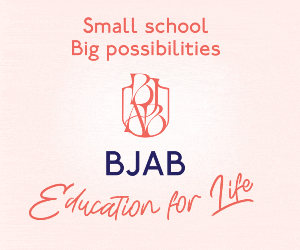“Rivalry and conflict” between locally elected representatives is often a feature of everyday life in town halls, says a new report.
A team of political scientists from UCLouvain examined the “public deliberation process” in Brussels’ municipal councils.
They wanted to find out to what extent local politicians “listen to the views of others and reconsider their preferences.”
Despite their numbers and the important role they play in the development of municipal policies, “little is known about the profiles of municipal councillors and what they do,” said the researchers.
So, the team conducted interviews with 17 general directors of municipal administrations (civil servants) and council presidents (elected officials
The team’s report says, “The conditions of ‘cordiality and trust’ among councillors, which are decisive for social learning, are not always met.”
The authors of the report go on to point out that “a political game closer to rivalry and conflict rather than collaboration impedes information exchange among councillors.”
The report was authored by Mohamad-Amin Alomar, Nadège Carlier and Stéphane Moyson.
They wanted to establish what “obstacles” exist to making “the most” of municipal councils in Brussels.
The report comes hot on the heels of Sunday’s big local elections where voters in Brussels alone were due to appoint no less than 695 municipal councillors for new 6-year terms.
People vote on municipal regulations and orders, budgets and accounts, and appoint the municipal executive, which is known as the “college”.
Ahead of the poll the team examined the decision-making process in municipal councils.
They report that “The results presented by the research team do, however, point to a number of obstacles which hinder exchanges at municipal council level.
“Firstly, it appears that councillors are not equal in terms of their motivation, age, language skills and political and legal experience.
“Secondly, the conditions of cordiality and trust among councillors, which are decisive for social learning, are not always met. Their freedom to reflect on policies is limited by group pressure.”
The three authors now propose a “redesigning of the deliberation system of municipal councils, so that decisions are taken after genuine discussions, inspired by collective intelligence, rather than according to group logic or majority versus opposition positioning.”
Other ideas include being “better prepared in committee before the council debates.”
“These debates would also benefit from being moderated by a nonpartisan president, to organise discussions, encourage actual listening and facilitate the exchange of ideas. By improving the way public deliberations are conducted at municipal level, it would be possible to reduce public distrust of representative democracy.”







